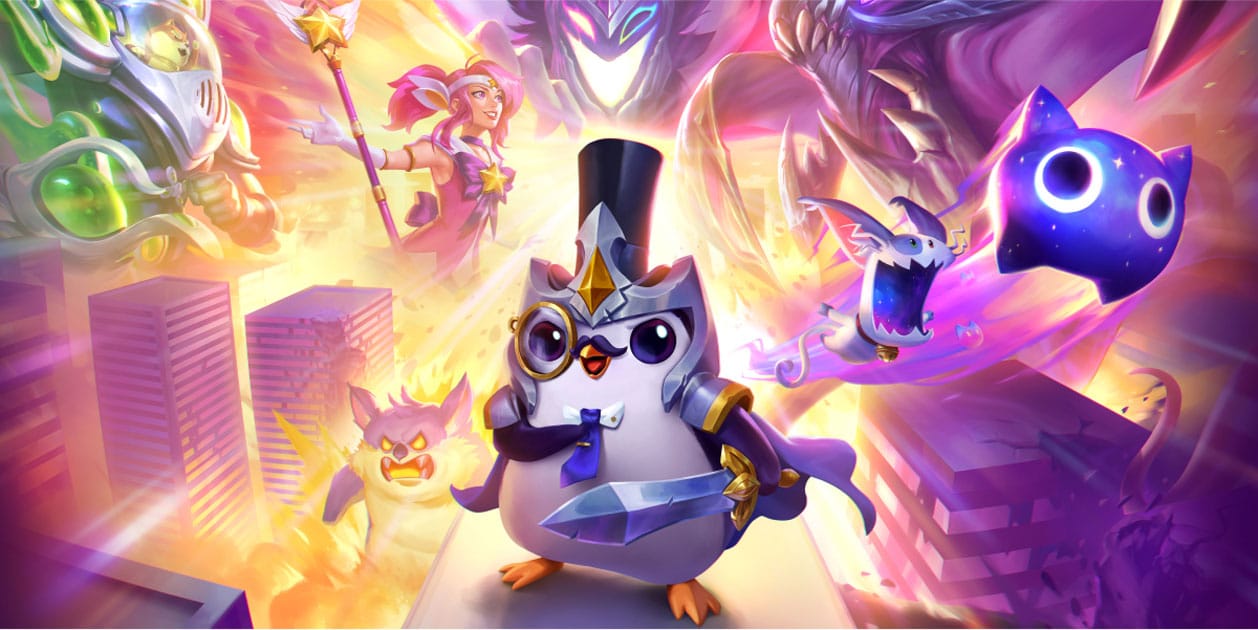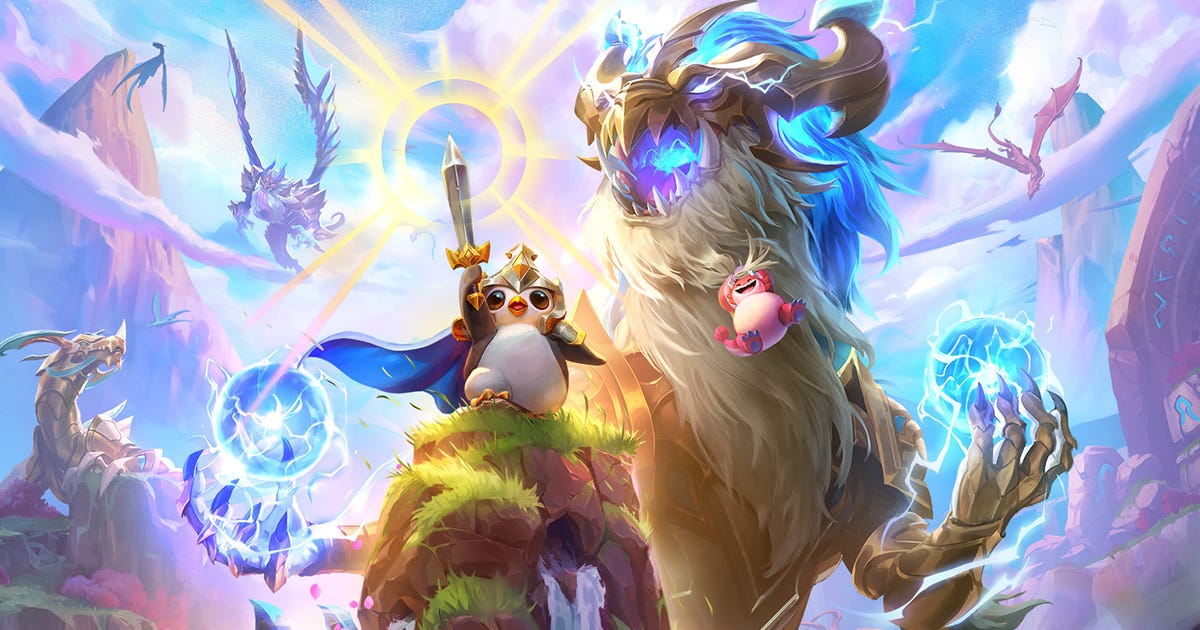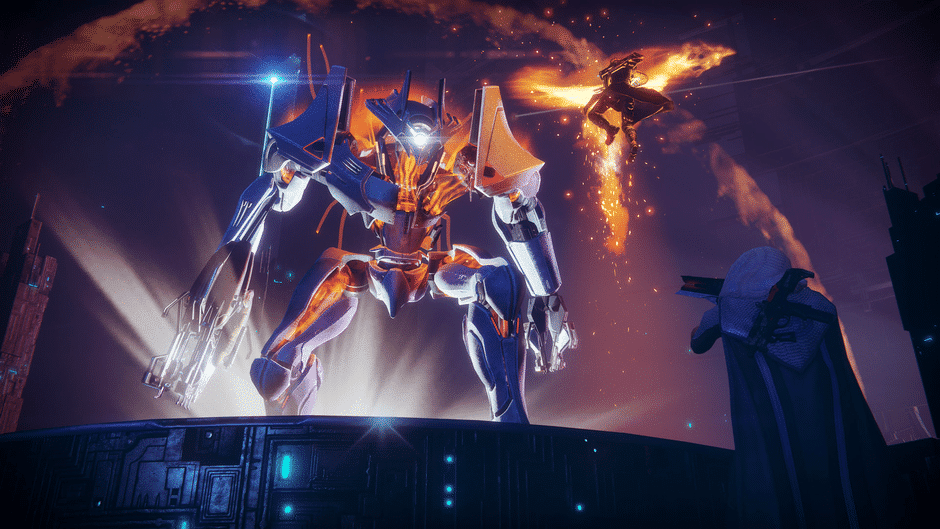From Software’s Switch 2 Exclusive Was Originally Pitched For The Original Switch

Nintendo shared an interview with Hidetaka Miyazaki, director of From Software, discussing The Duskbloods game. In the first part of this conversation, Miyazaki reveals that the collaboration between From Software and Nintendo for an exclusive project started even before the specifications of Switch 2 were finalized, and it was initially designed to work on the original Nintendo Switch.






